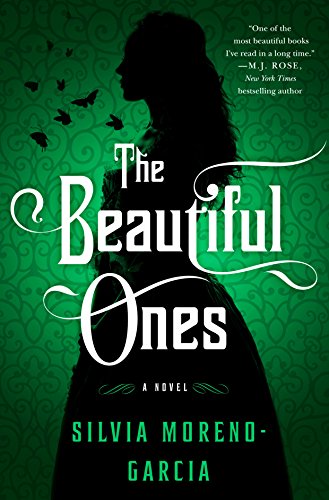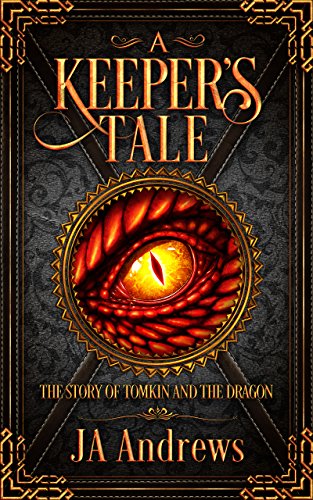The Beautiful Ones – Silvia Moreno-Garcia
“Truly one of the most beautiful books I’ve read in a long time. This sweeping tale of love lost and found is told with old-world elegance and grace with just the right touch of magic.” —M.J. Rose, New York Times bestselling author
Antonina Beaulieu is in the glittering city of Loisail for her first Grand Season, where she will attend balls and mingle among high society in hopes of landing a suitable husband. But Antonina is telekinetic, and strange events in her past have made her the subject of malicious gossip and hardly a sought-after bride. Now, under the tutelage of her cousin’s wife, she is finally ready to shed the past and learn the proper ways of society.
Antonina, who prefers her family’s country home to the glamorous ballrooms of the wealthy, finds it increasingly difficult to conform to society’s ideals for women, especially when she falls under the spell of the dazzling telekinetic performer Hector Auvray. As their romance blossoms, and he teaches her how to hone and control her telekinetic gift, she can’t help but feel a marriage proposal is imminent.
Little does Antonina know that Hector and those closest to her are hiding a devastating secret that will crush her world and force her to confront who she really is and what she’s willing to sacrifice.
The question that held me in suspense almost throughout this book was, “What genre is this?” It has elements of literary (particularly the focus on the interiority of the characters); elements of romance (the focus on the characters’ relationships); and a relatively small, but in the end significant, speculative element, in that the two main characters are both telekinetics in a society where this is not common, but also far from unheard of.
The main reason I wondered about the genre is that if it was pure literary, it might turn into a tragedy in which the characters spiralled downwards through helplessness into hopelessness and everyone ended up miserable. There was definitely potential for that to happen, given the premise: Hector, a stage performer with a powerful telekinetic ability, has returned to the capital city of Not!19th-century Not!France after a long time touring out of the country, and is now a wealthy man. He meets a young woman, Nina, who happens to be the cousin of the man his first love married instead of him. He’s never got over that youthful love, or the disappointment of losing her, and he uses the pretence of courting Nina to get back in to see her cousin’s wife.
There are all kinds of ways in which that could go bad, of course, and for a long time it looked like all of them were going to happen, intensifying the question: is this a literary novel where everything falls apart while the author describes it beautifully, or a romance, in which the characters manage to make a happy ending? And is the fantasy element (the telekinesis) merely decorative or symbolic, something that Nina can do but is discouraged from doing because of her social status and her gender, or will it end up being significant to the plot? Answers inside the spoiler tag.
Spoiler here
The characters are wonderfully drawn, their desires and decisions believable. The setting is lightly sketched, in the sense that there’s no in-depth exploration of the speculative element, but the places and the society are beautifully evoked, no less so for being closely based on historical models. The language occasionally shows hints in an odd phrasing or two that the author may not speak English as a first language, but it’s generally elegant and capable without being overly obtrusive.
Overall, I enjoyed it very much and looked forward to each time I had the opportunity to read it.
I received a copy from Netgalley at no charge for the purposes of review. (Release date: Oct. 24, 2017)
This book review is by Mike Reeves-McMillan and originally appeared on Goodreads. Mike writes the Gryphon Clerks novels, a series featuring heroic civil servants and engineers doing their best in a difficult world; the Auckland Allies contemporary urban fantasy series, about underpowered magical practitioners stepping up to defend their city when nobody else will; and the Hand of the Trickster sword-and-sorcery series, in which a servant of the trickster god exalts the humble and humbles the exalted. His short stories have appeared in a number of professional and semiprofessional venues, including the Terry Pratchett tribute anthology In Memory.





